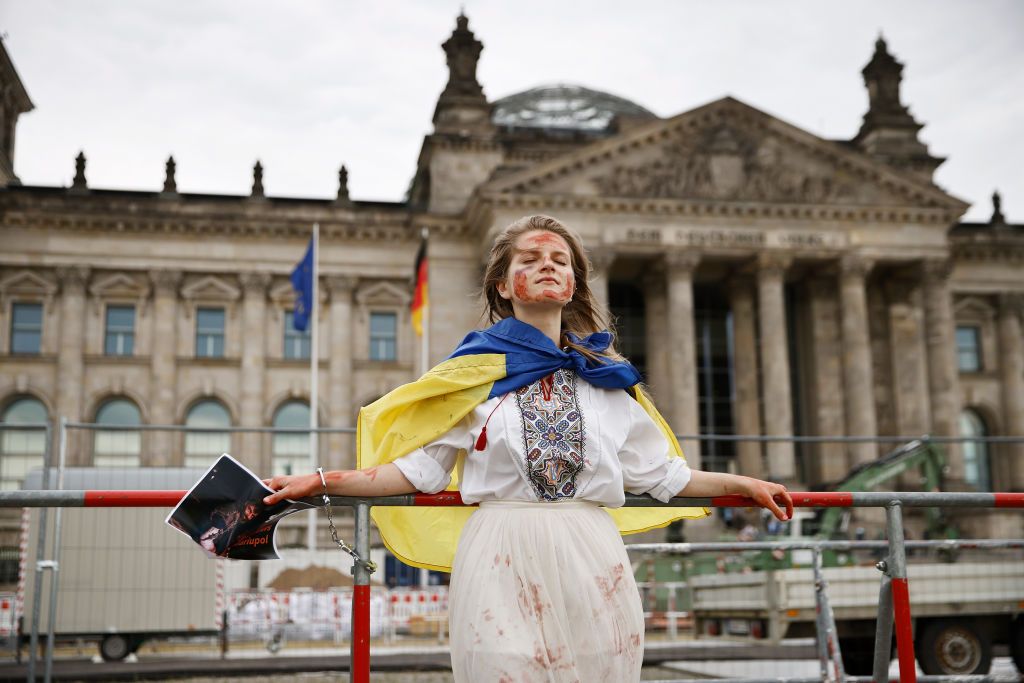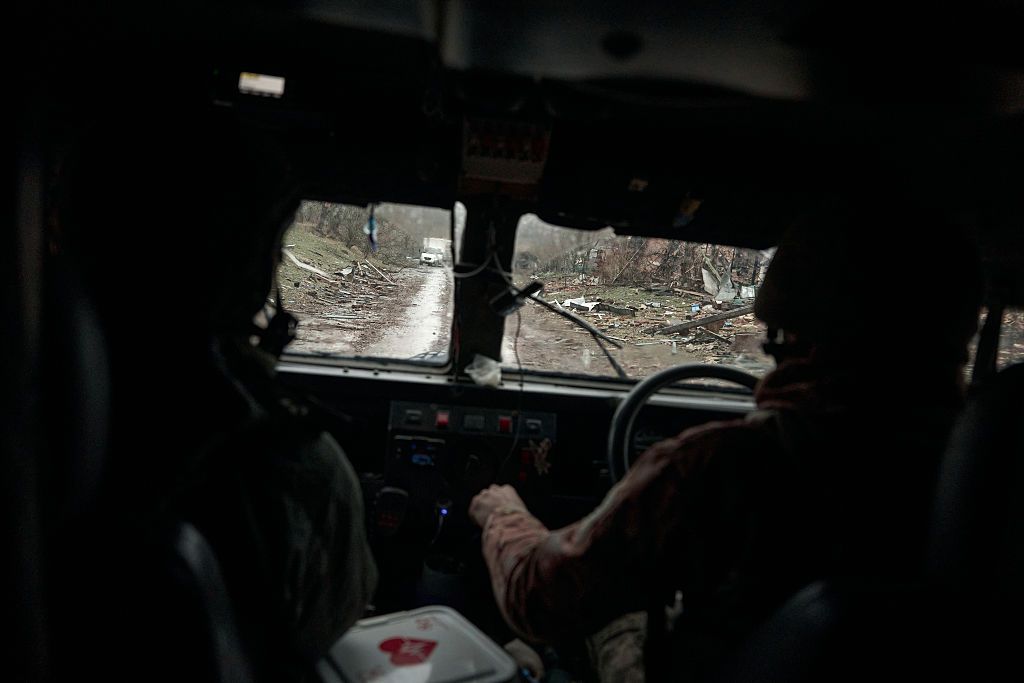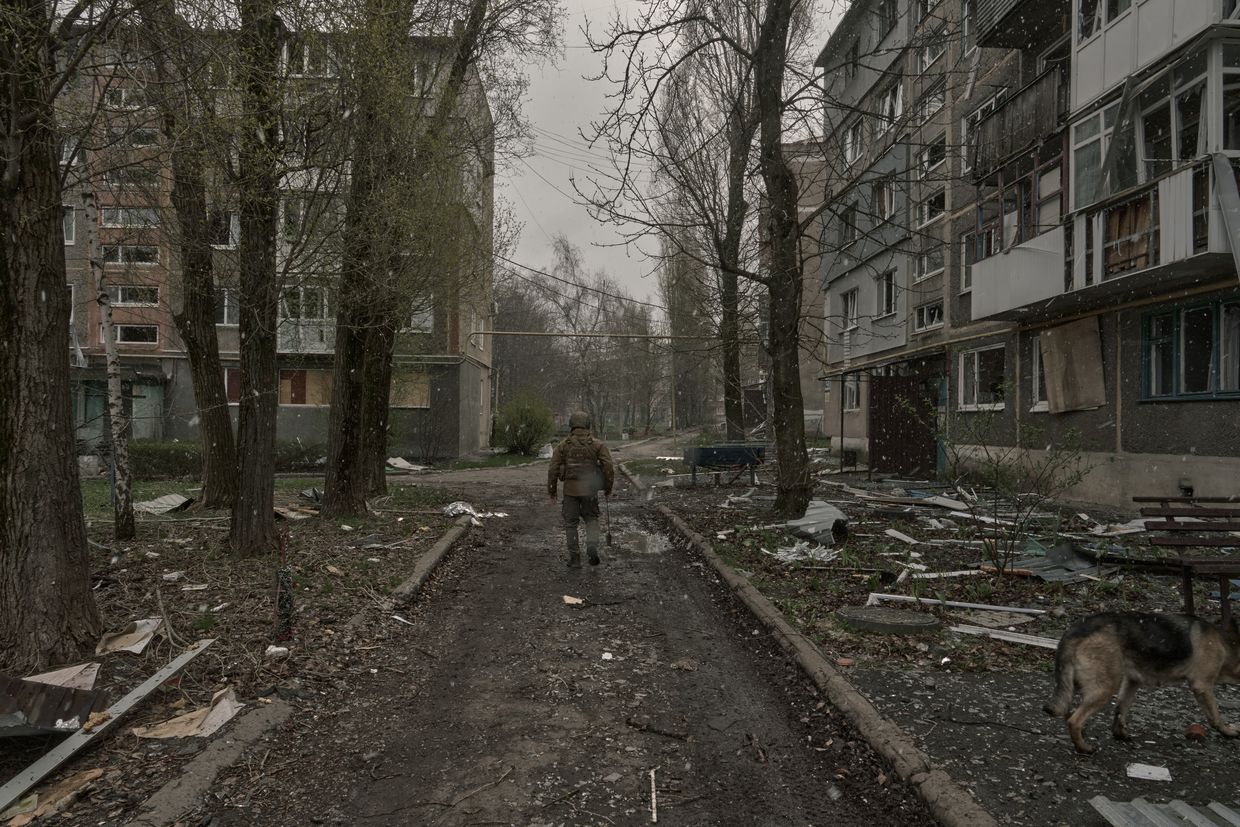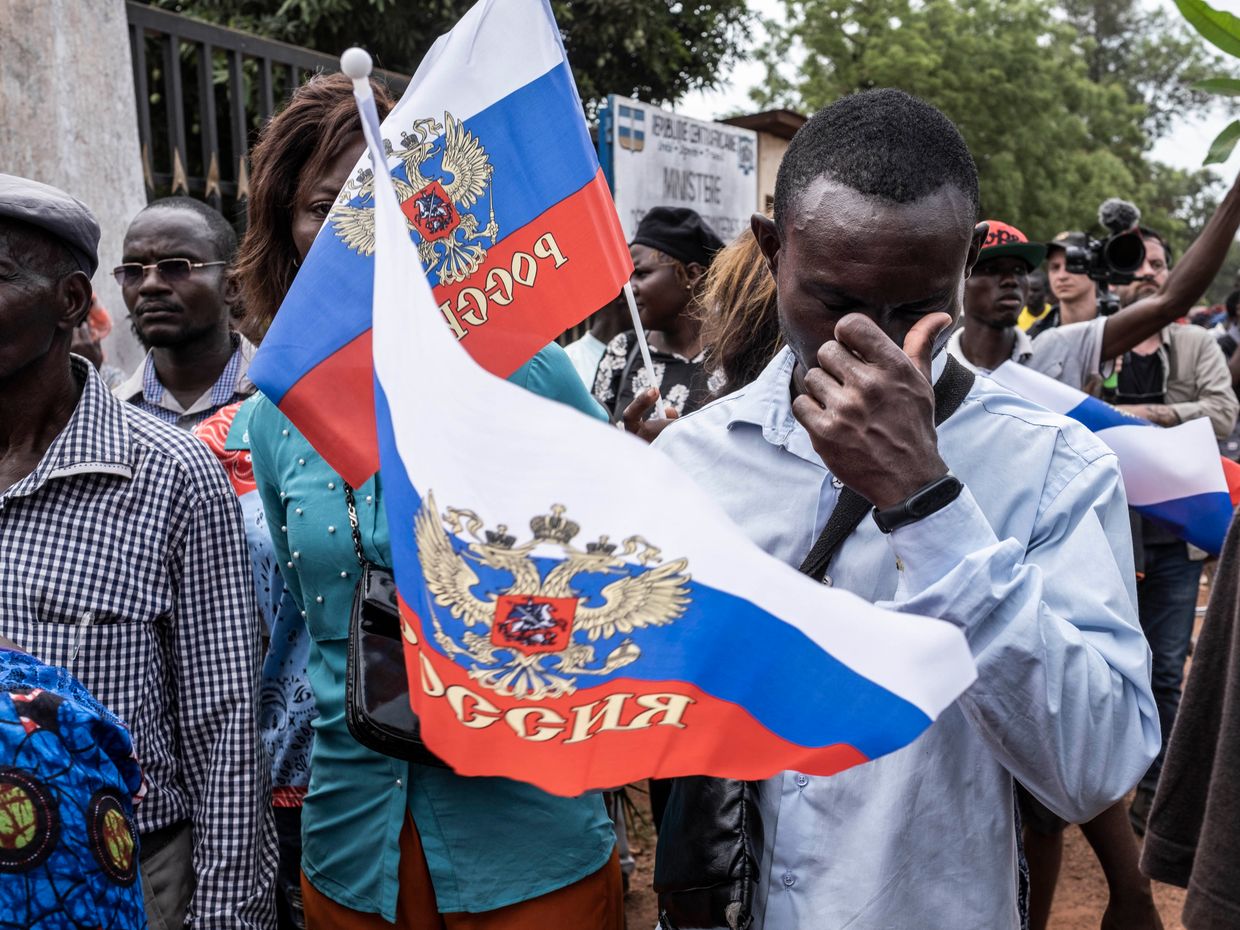Editor's Note: This article was initially published in German on FOCUS online. The opinions expressed in the op-ed section are those of the authors and do not purport to reflect the views of the Kyiv Independent.
On Feb. 24, 2022, Russia escalated its war against Ukraine, which by then had lasted nearly eight years, with a major attack to subjugate its neighboring country.
Three days later, German Chancellor Olaf Scholz qualified this new and even more serious breach of international law before the German Bundestag as a "turning point" in Europe and announced a special fund worth billions of euros for the urgently needed modernization of the Bundeswehr.
The German government's decision to now also support Ukraine in its defensive struggle with arms deliveries represented a departure from an earlier cross-party consensus not to supply weapons that could be used in a war against Russia.
The Federal Republic of Germany has since provided considerable assistance to Ukraine: The federal, state, and local governments, as well as civil society, have contributed politically, economically, financially, technically, and quite practically to mitigate the devastating consequences of the war, not least by unbureaucratically taking in and housing an enormous number of war refugees from Ukraine, the majority of them women, children, and the elderly, in a very short time.
In this, Germany has set an example equal to Poland, the Republic of Moldova, Slovakia, Romania, the Baltic States, and others.
Moreover, Berlin has been massively involved in providing timely assistance for the rehabilitation of vital Ukrainian infrastructure for energy, drinking water, district heating, and railroads destroyed by Russian missiles, drones, artillery, and others.
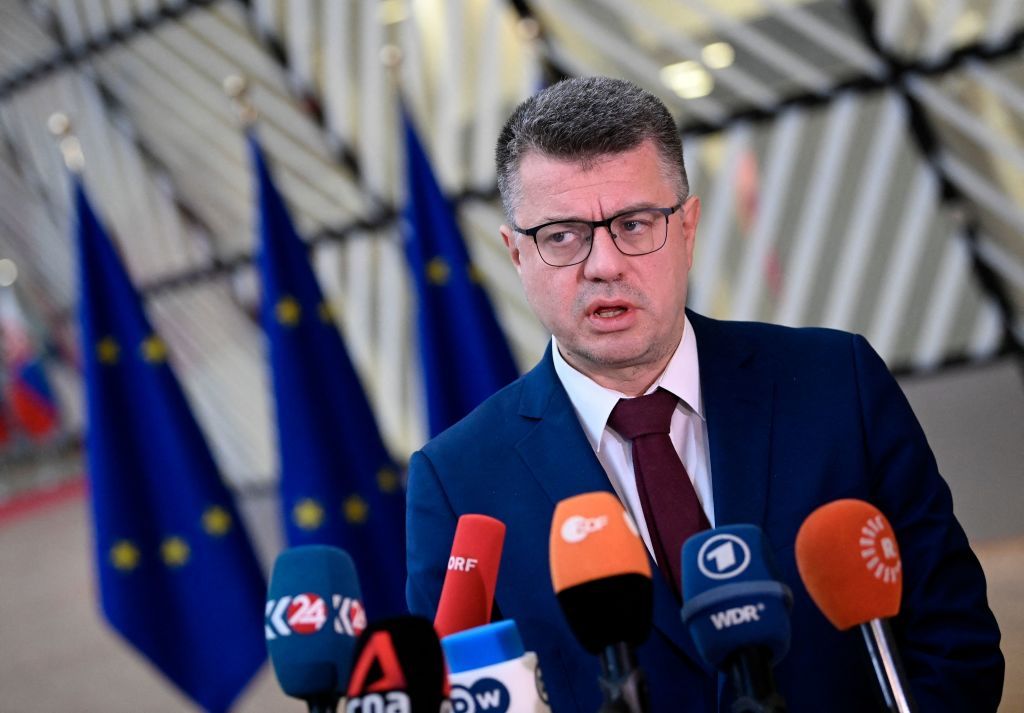
Aid to repair civilian facilities destroyed by Russian forces, namely hospitals, schools, kindergartens, and apartment blocks, contrasts with months of only incremental military support to Ukraine from Germany.
Beginning with the promise of a small number of combat helmets, followed by the hesitant delivery of armored recovery and bridge-laying vehicles, and finally of self-propelled howitzers and anti-aircraft guns, and ending with the recent delivery of infantry fighting vehicles and battle tanks, more than a year has passed - a year of intensive fighting in the north, east, and south of Ukraine, with high military death rates on both sides.
In addition, there have been numerous civilian casualties of all ages in all regions of Ukraine, as well as devastating destruction of vital civilian facilities.
As sensible as the non-military and military support of Ukraine in its defensive struggle against the aggression of the Russian Federation is, it is unclear what strategic goal the ruling coalition in Berlin is ultimately pursuing with it.
In this respect, the German government's communication is causing irritation not only within Germany. Formulations such as "Ukraine must not lose" or "the Russian Federation must not win" do not create clarity, but rather cause political uncertainty and harm our country.
This "blind spot" in German-Ukraine policy must urgently give way to political clarity!
That means: The German government must - finally - make a clear statement about what goal it ultimately aims for with the delivery of military equipment, humanitarian aid, as well as technical, intelligence, and anti-cyber support for Ukraine.
In this regard, the preservation of Ukraine's state sovereignty, the integrity of its territory, and the post-war reconstruction of the country must be the essential cornerstones. This includes that the liberation of the territories of Ukraine already occupied and annexed by Russia in 2014 and likewise in 2022 in violation of international law must play a central role.
The formulation of such a strategic objective should be coordinated with NATO and EU partners.
Moreover, it should be demanded that the leaders of Russia responsible for unleashing the war of aggression against Ukraine be prosecuted and sentenced for the "crime of aggression" as defined in Article 8 bis of the Rome Statute of the International Criminal Court.
It is not without irony that it was the Soviet international law expert Aron Naumovich Trainin, who as legal advisor to the Soviet prosecution at the Nuremberg Trials against the elite of the "Third Reich" in 1945-46, made a significant contribution to the worldwide recognition of this offense as the most serious crime in international criminal law today.
Regardless of possible interim steps such as a temporary ceasefire on sections of the current frontline, a general ceasefire, and negotiations on a future peace agreement, the goal must be the restoration of Ukrainian sovereignty over its entire territory within the 1991 borders.
Its territorial integrity must be protected by means of international guarantees backed by military sanctions - unlike the Budapest Memorandum of 1994, which was broken by the Russian Federation.
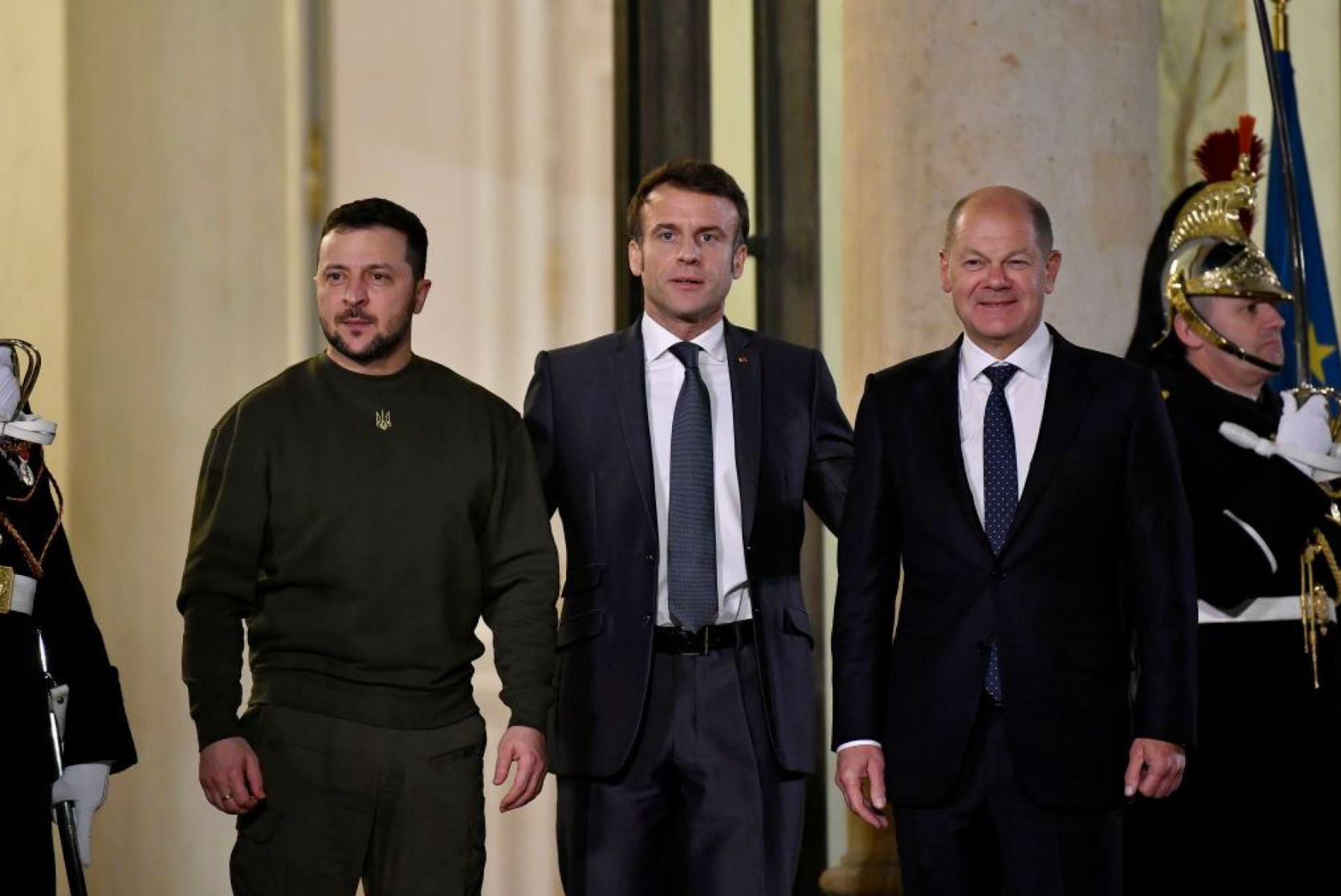
The Federal Republic of Germany has a very special political and moral responsibility toward Ukraine for several reasons.
On the one hand, it stands in the continuity of the German Reich, which occupied the entirety of Ukraine in World War I - not least in order to economically exploit the eastern Ukrainian coal and iron ore region of Donbas around Donetsk and Luhansk, which was already important at that time due to the war.
This project was then continued by Nazi Germany in its war of aggression and extermination against the Soviet Union during World War II. The main sites of German aggression, including the brutal occupation regime and the Holocaust, were the Soviet republics of Ukraine and Belarus, as well as the western part of the then Russian Soviet Federative Socialist Republic (RSFSR).
Here, there is a large gap in the historical picture of the reunited Germany at the expense of Ukraine, which urgently needs to be closed.
It follows from this: Germany has a historically conditioned debt to Ukraine, whose existence is acutely threatened: the Wehrmacht, Einsatzgruppen, and SS devastated Soviet Ukraine for years from June 22, 1941, onward, murdered almost all Ukrainian Jews and Roma, and shot resistance fighters designated as "bandits" by the thousands.
Over six hundred so-called "fire villages," which were razed to the ground by the SS, Wehrmacht, and their helpers after they had completely murdered the village population, were located in Ukraine.
At the same time, millions of Ukrainians were deported to forced labor "in the Reich," and an equal number of Ukrainian Soviet Red Army prisoners of war were left to starve to death in prisoner-of-war camps - here with us, in Stukenbrock, Sachsenhausen, and Bergen-Belsen, not in the distant "Reich Commissariat Ukraine."
How many Ukrainians fought on the Soviet side in the battle for Berlin in the spring of 1945, and how many met their deaths on the Seelow Heights and in Brandenburg forests is unknown to this day - in any case, there were tens of thousands.
"May 8 (1945) was a day of liberation. It liberated us all from the inhuman system of National Socialist tyranny," said then German President Richard von Weizsäcker in 1985.
Today, it is about the liberation of parts of Ukraine from a cruel occupation by a different, but equally inhuman system of tyranny.
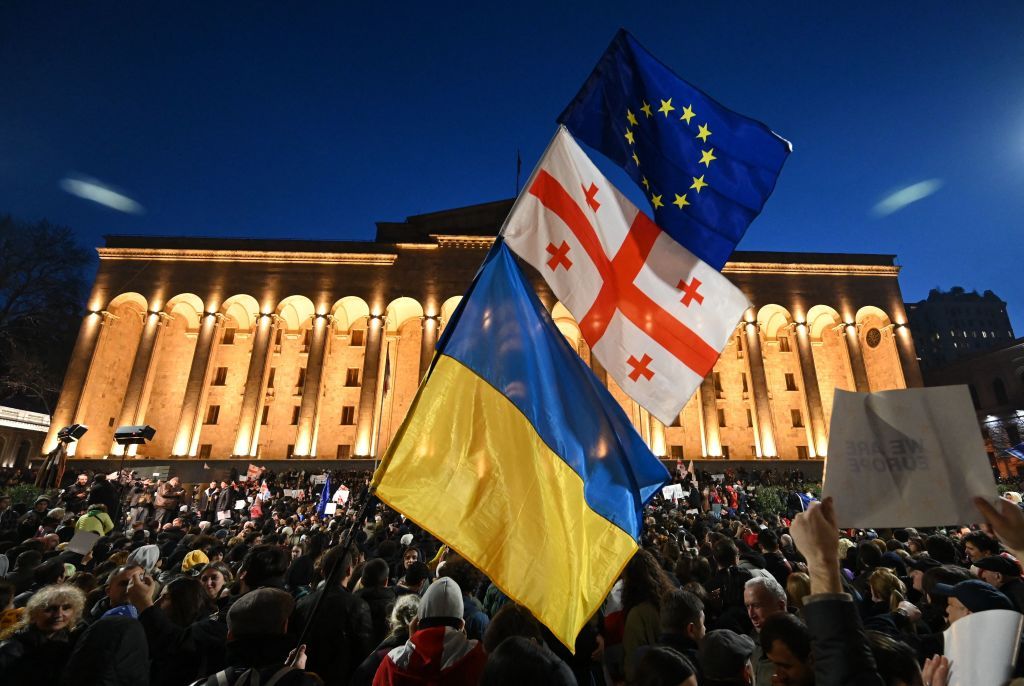
There is much to suggest that Russia's leadership is playing for time - hoping that German support for Ukraine will soon wane. It is the responsibility of the German government to commit itself to repeatedly reminding the public of the purpose of military support in particular.
In the face of the German debate, which from the beginning has been characterized by appeals to Ukraine to "negotiate" rather than resist, the German government should make it clear that arms deliveries and negotiations are by no means mutually exclusive. However, it is the military balance of power that will determine the outcome of any negotiations, and on an equal footing.
The aggressor's war objective has not changed since February 2022, because Russian President Vladimir Putin is still concerned with the destruction of Ukraine as a state and nation. As long as Ukraine has only the choice between annihilation and resistance, appeals for negotiations, especially from Germany, are cynical.
The extensive documentation of war crimes that the armed forces and other armed formations of the Russian Federation have committed and continue to commit in the occupied territories also make it clear that an end to hostilities would not mean an end to terror and death for the people in these regions.
The German government is now called upon to present to the German and international public a strategic concept for ending the Russian Federation's war of aggression against Ukraine and overcoming its consequences, and to put it up for discussion. The German Bundestag is the competent and politically appropriate forum for this.




